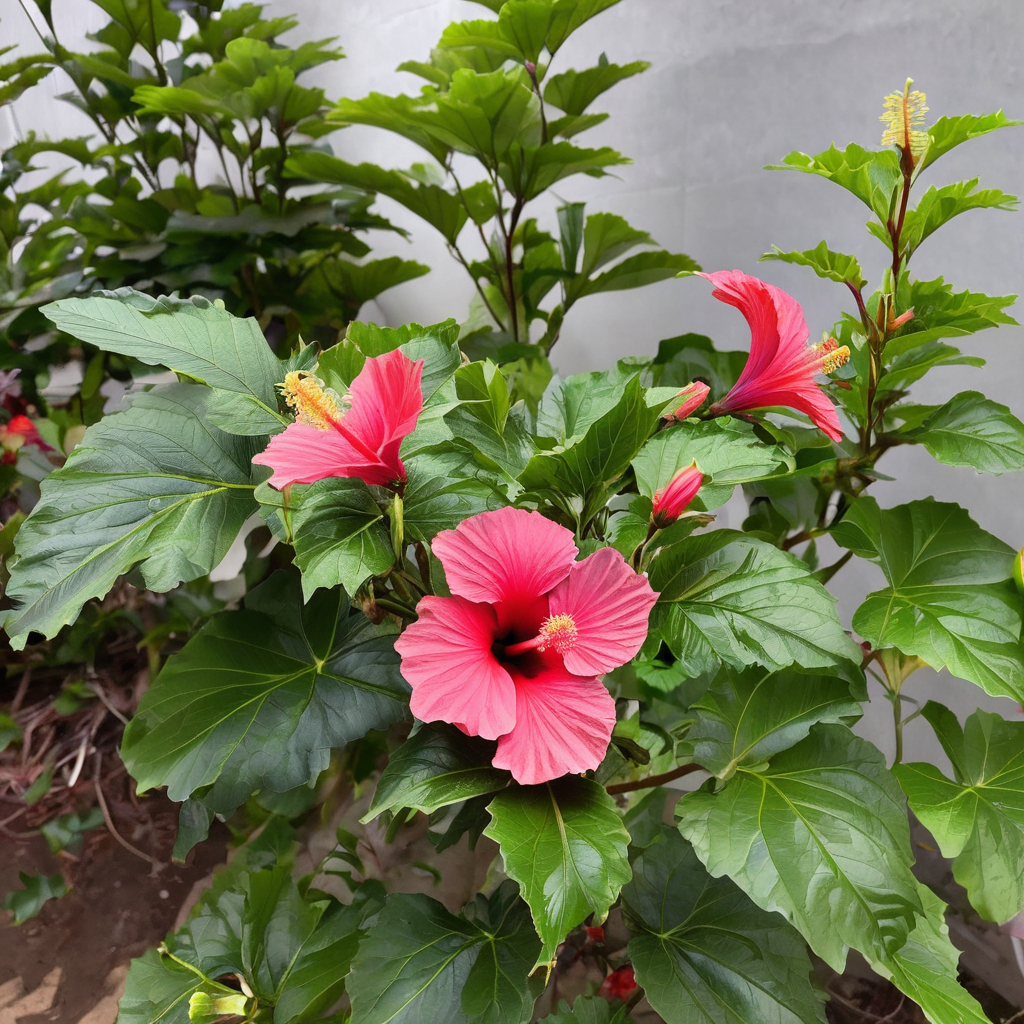Even the most diligent gardeners can find their hibiscus struggling from time to time. Whether due to neglect, pest damage or less-than-ideal growing conditions, it’s not uncommon for these tropical beauties to decline to the point where their future seems uncertain.
But don’t give up hope just yet! With some TLC and following these five steps, you can usually revive a hibiscus and have it thriving again in no time.
How to Revive Hibiscus: 5 Simple Steps
Prune off damaged growth
Use clean pruners to remove any stems or branches that look diseased, damaged or dead. This removes areas where pests may be lingering and redirects the plant’s energy to new growth. Be sure to disinfect pruners between cuts to avoid spreading issues.
Treat for pests if present
Common hibiscus pests like aphids, spider mites and mealybugs can rapidly decline a plant. Inspect closely for signs of infestation and treat accordingly. A strong blast from the hose can dislodge soft-bodied pests. Insecticidal soaps or neem oil work well for most issues when used as directed.
Improve growing conditions
Is your hibiscus getting at least 6 hours of sun? Maintaining evenly moist, well-draining soil? Be sure to optimize these crucial factors. Moving or adding a trellis for support can help too if leggy or lopsided. Proper conditions are key for a strong revival.
Fertilize to boost growth
A balanced liquid plant food high in nitrogen will give your hibiscus a much-needed nutrient boost. Apply according to label directions every couple weeks. A top dressing of compost in spring and fall adds extra beneficial microbes and minerals.
Be patient and watch it recover
Rome wasn’t rebuilt in a day! It can take time for a hibiscus to fully recover from neglect or damage, so don’t expect instant results. Stick with the routine TLC and your plant’s natural resilience should start to show through with lush new growth and blooms before long.
With a little love and know-how, you can usually bring a struggling hibiscus back to health and vigor. Let me know if you have any other plant questions!
Related Articles
